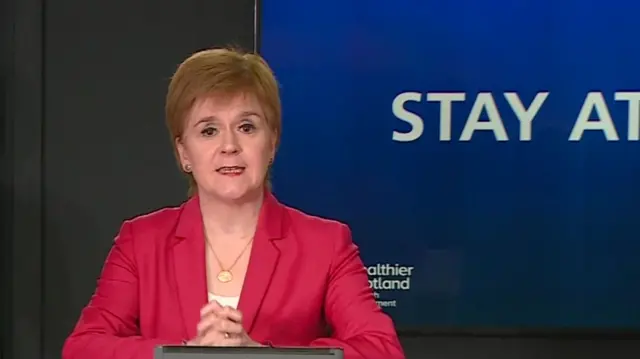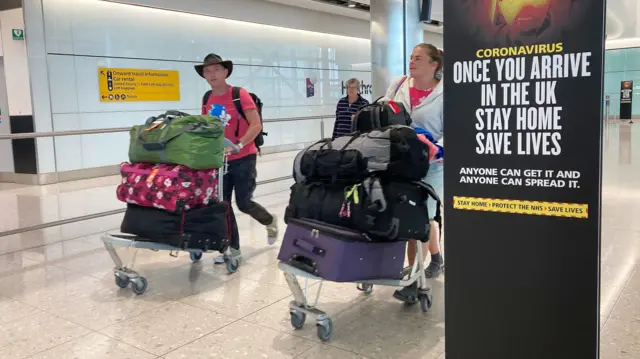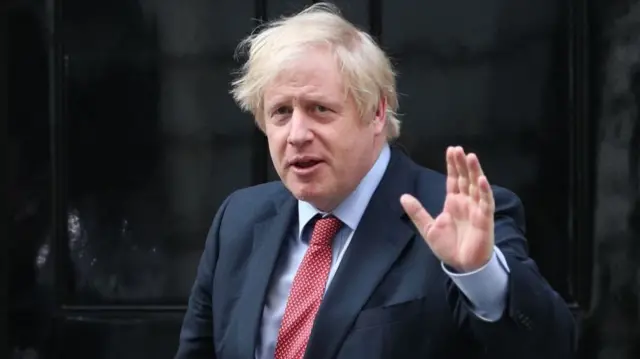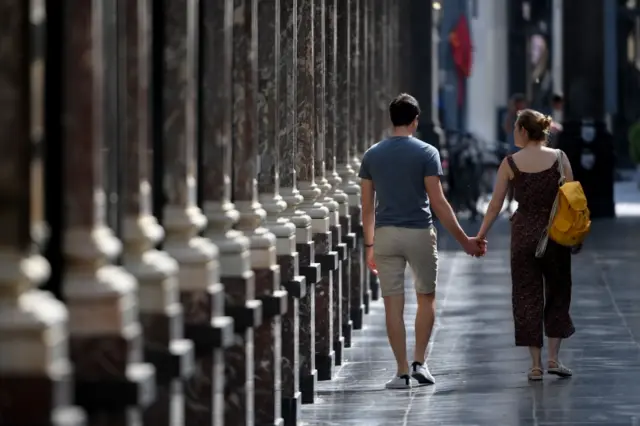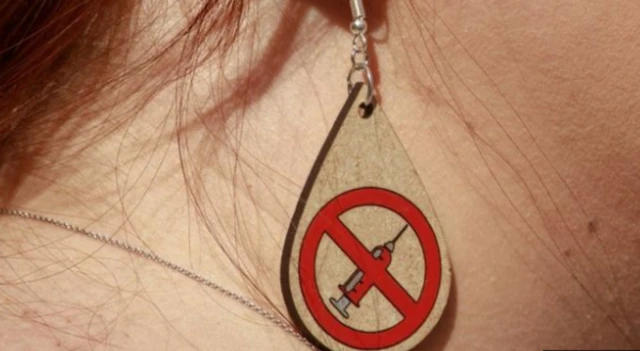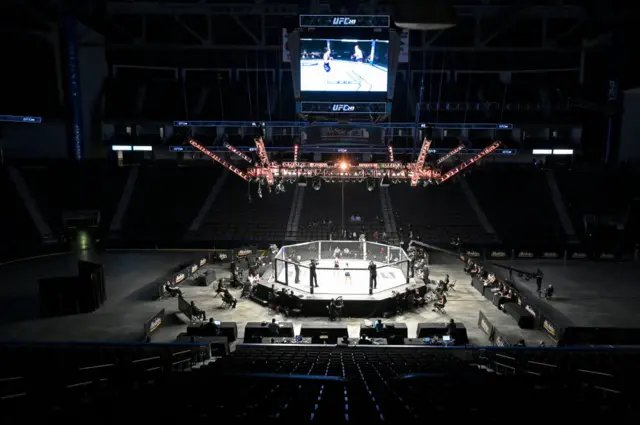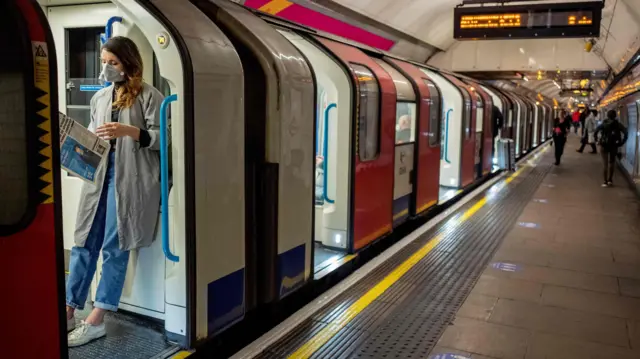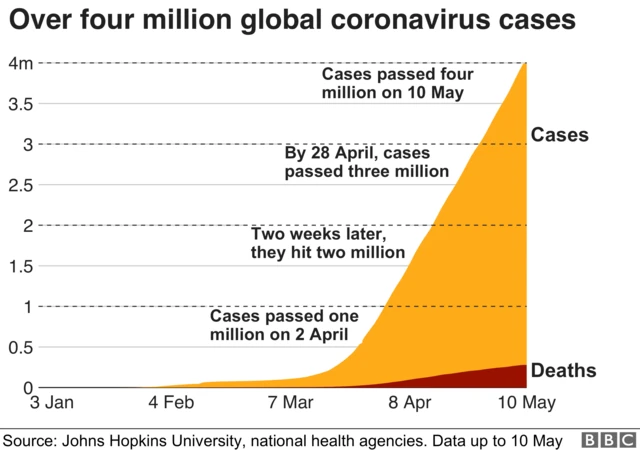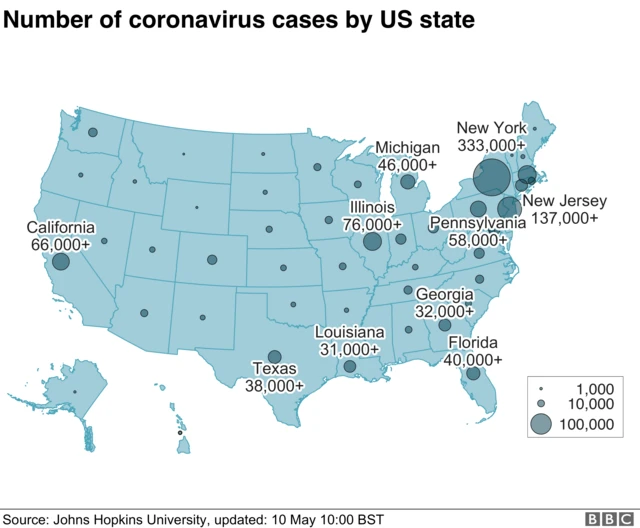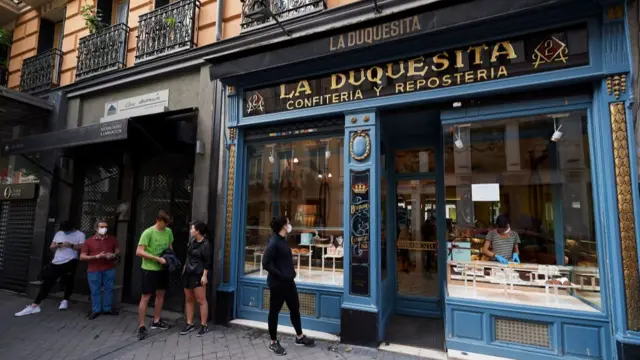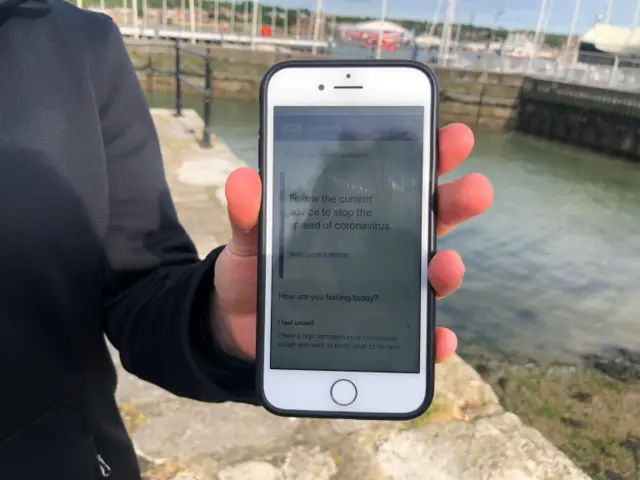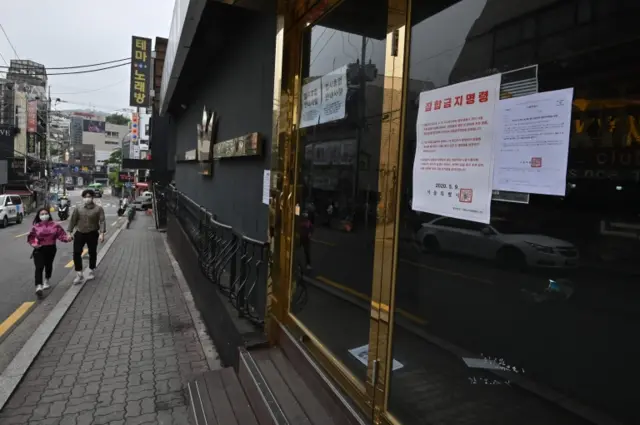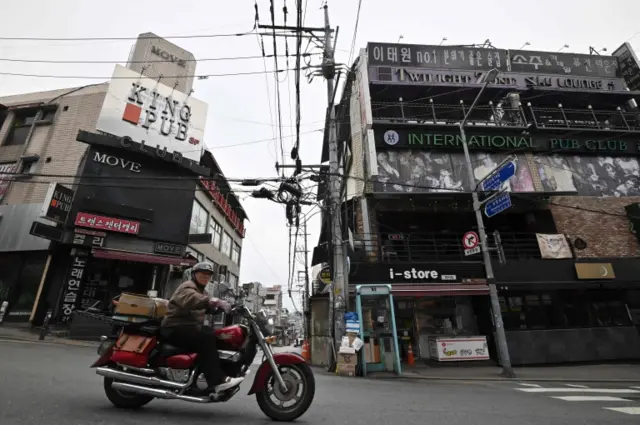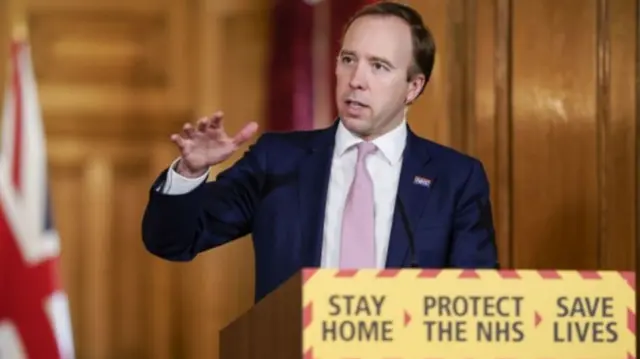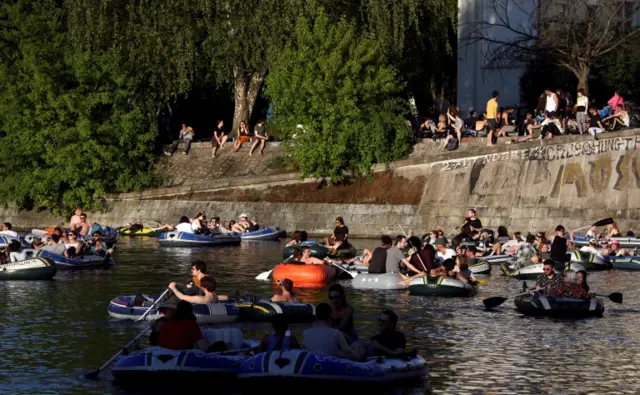South Koreans fear stigma for ‘super-spreader’ contactspublished at 15:48 BST 10 May 2020
Hyung Eun Kim
BBC Korea
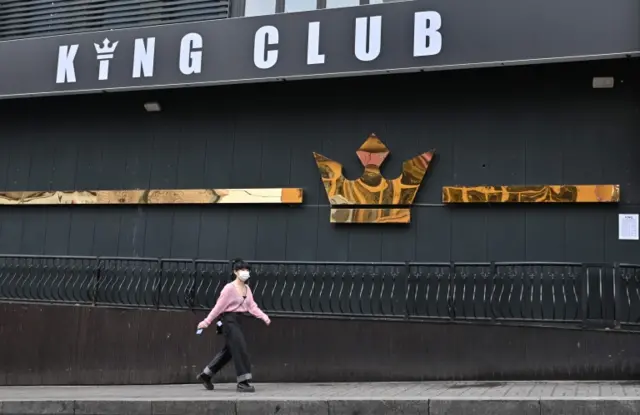 Image source, Getty Images
Image source, Getty ImagesThe recent spike of Covid-19 cases related to a clubber in Seoul's leisure district is disheartening.
Many people here are comparing the clubber to "patient 31", the single "super-spreader" from a religious cult who caused a rapid rise in cases near the start of the outbreak.
But there is another reason for concern.
The venues the clubber visited include LGBT bars. In homophobic South Korea, some fear that those who made contact with him may be hesitant to get tested. The fear of stigmatisation and discrimination could worsen the spike in cases.
The saving grace here, perhaps, is that we’re past the peak of pandemic. We've enjoyed some zero-case days, allowing ourselves to dream that things would return to normal.
Most importantly, we know how we did it: washing hands, wearing masks, avoiding crowds and all that. We know stigmatisation and discrimination didn’t help us quash the outbreak.
Read more: How lives changed to beat the virus in South Korea
